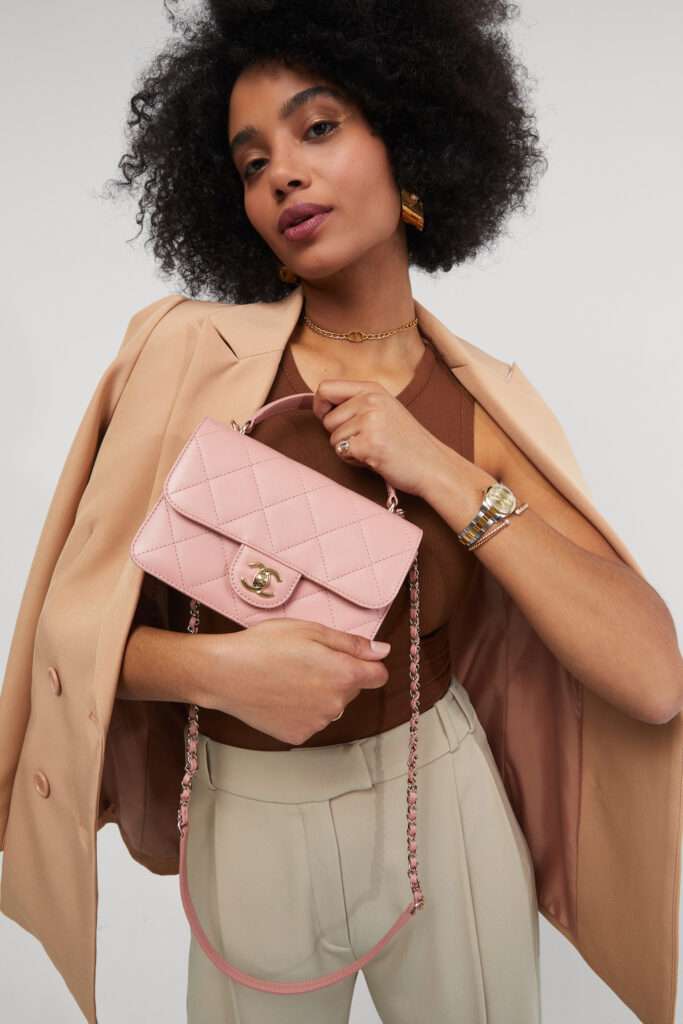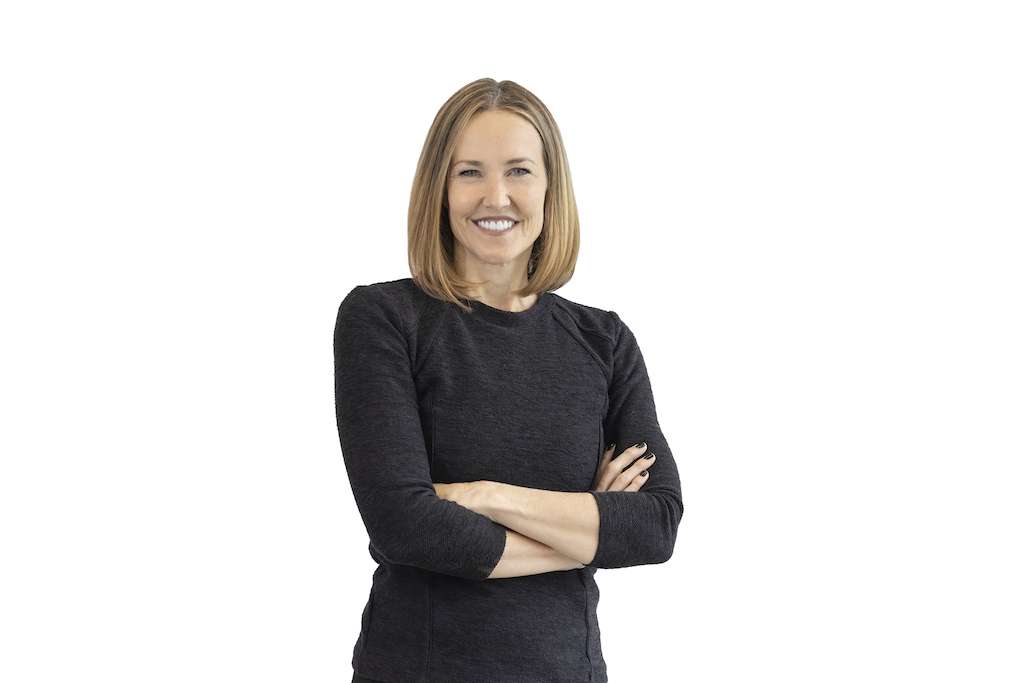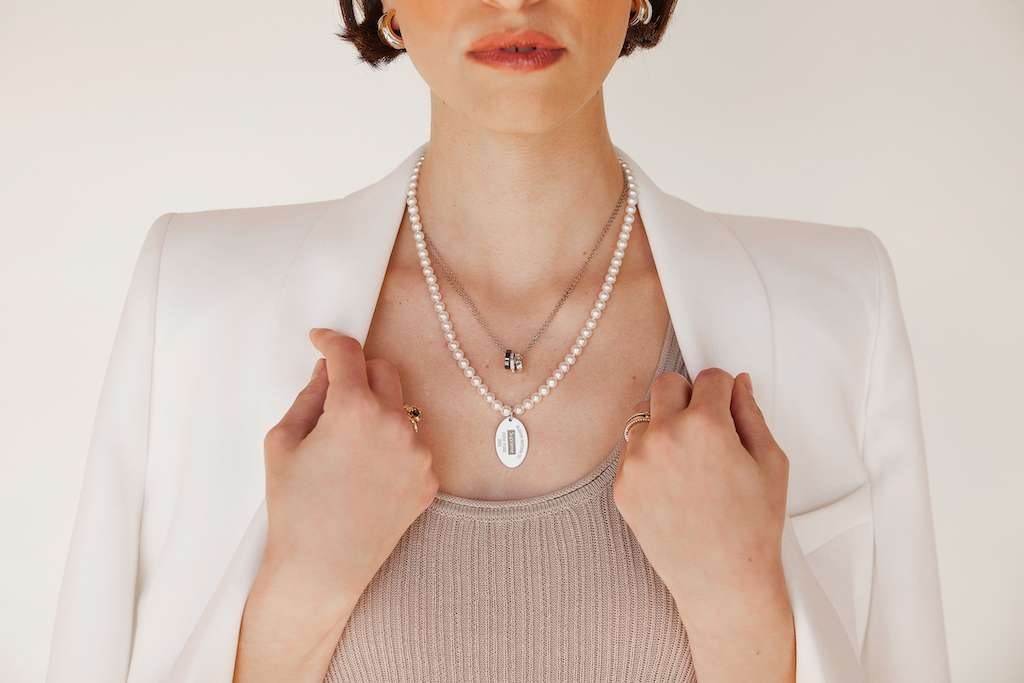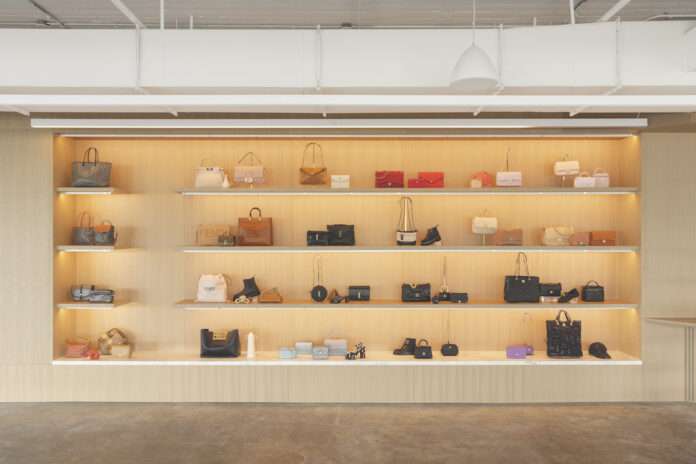Demand for secondhand luxury continues to be strong, according to Fashionphile’s 2022 Ultra Luxury Resale Report, with active shoppers increasing 33 percent year on year, and older Millennials and Gen X driving much of the demand.
“Gen Z may be busy dominating headlines, but Millennials and Gen X have been busy, too, quietly owning luxury re-commerce,” reads the 2022 Ultra Luxury Resale Report.
“In fact, the majority of our first-time shoppers are Millennials, who make up 45 percent of our new customers in 2022, followed by Gen X who make up 26 percent, Gen Z at 18 percent, and Boomers at 11 percent. Together these demographics look to resale to afford some of the most recognizable pieces from top luxury brands.”

Those top luxury brand preferences change with each age group; Boomers prefer Louis Vuitton, Gen X and older Millennials favor Hermès, for younger Millennials it’s Prada, and Gen Z has eyes for Balenciaga—which just announced its first resell effort in a partnership with Reflaunt.
Closing the circularity loop
Fashionphile, which is focused on bags, jewelry, and accessories, is the only luxury reseller to partner with a major retailer. It now has ten selling locations inside Neiman Marcus stores, with two more coming this year—a move both brands say is helping to close the circular loop and make luxury fashion a beacon of sustainability.
According to Fashionphile, Baby Boomer and Gen-Xers prefer brands that lean heavily towards the “tried-and-true” icons of ultra-luxury. But for Millennials and Gen Z—the group with the highest growth in revenue this year—they gravitate toward the market’s hottest names seen across pop culture and social media.
Driving the luxury jewelry and watch category are also the icons of ultra-luxury including Cartier and Rolex. Rolex in particular saw interest spanning all age demographics.
Trends forecast
Trends anticipated for the year ahead include “all-you-can-fit oversized bags, crescent-shaped silhouettes, geometric patterns, and Y2K multicolor hits.” It’s also expecting continued interest in collaborations.
Vintage bags are also on the rise—the reseller says they get better with age “like fine wine.” In particular, there’s the Hermès Birkin bags, which Fashionphile says demand keeps growing for, “there’s no doubt that shoppers continue to be enamored by them.”

They’re not just for women, though, gender lines are blurring for all bags, especially the Birkin. Sales for larger Birkin bags, including the HAC and the Birkin 40, have increased 35 percent. The average sale price for a Birkin increased 64 percent since 2019.
NFTs, filters, avatars
Side effects of the pandemic are still lingering, and have taken a toll on international orders, bulk orders, and price increases, Fashionphile says. But these challenges have also spurred increased interest in the secondary market.
“2022 has been defined by investments in both the digital and the physical realms,” reads the report.
“Take resale at large, which has spent the last calendar year adapting to the wide range of innovations playing out around the world and throughout the metaverse. Digitally, we’re taking stock of the creation of assets like, yep, NFTs, as well as customizable filters and avatars,” Fashionphile says.
“Meanwhile, the rise of futuristic ‘smart’ stores are combining traditional brick-and-mortar shopping with e-commerce efficiency and convenience, including via one-of-a-kind three-dimensional collections.”
Secondhand sustainability
According to Sarah Davis, founder, president, and CCO of Fashionphile, the company’s approach is working. “Seventy-eight percent of our shoppers who make a buying appointment at one of our authentication centers leave with a Fashionphile shopping bag in their hands,” she says.

Fashionphile says the impact of every shopper replacing just one new purchase with a pre-loved purchase saves 8,700 garbage trucks full of waste and reduces one billion showers worth of water.
“Investing in ultra-luxury is a never-ending sustainable cycle,” the company says. “We’re proud to be among the 11 founding members of the American Circular Textiles (ACT) policy group to address material reuse, and make sure ultra-luxury products remain in circulation as long as possible.”
The report also calls out ultra-luxury designers that are implementing more sustainable supply chain practices and materials technology to reduce their carbon footprints.
“Plant leathers have 40 times lower carbon impact than traditional leather and 17 time lower carbon impact than synthetic vegan leather,” the report notes. It cites brands including Stella McCartney, Balenciaga, Prada, Gucci, Bottega Veneta, and Hermès as all implementing sustainability metrics before even entering the secondhand market.

Fashionphile is increasing its own efforts, too. It says its solar roofs, which were installed earlier this year, have generated more than 140,000 kWh of electricity, and are on track to produce well over 200,000 kWh before the year’s end. That has reduce CO2 emissions by 120,000 pounds—the same as 2,500 trees absorbing a year’s worth of carbon dioxide.
“At Fashionphile, we are mission-driven to help extend the life cycle of ultra-luxury accessories,” says Nora Cummings, Head of Impact at Fashionphile. “Our teams are passionate about revolutionizing the fashion industry by committing to social and environmental improvements.”
She says the company has recently submitted its B Corp paperwork. Fellow luxury reseller Vestiaire Collective became the first to earn B Corp status last year.


